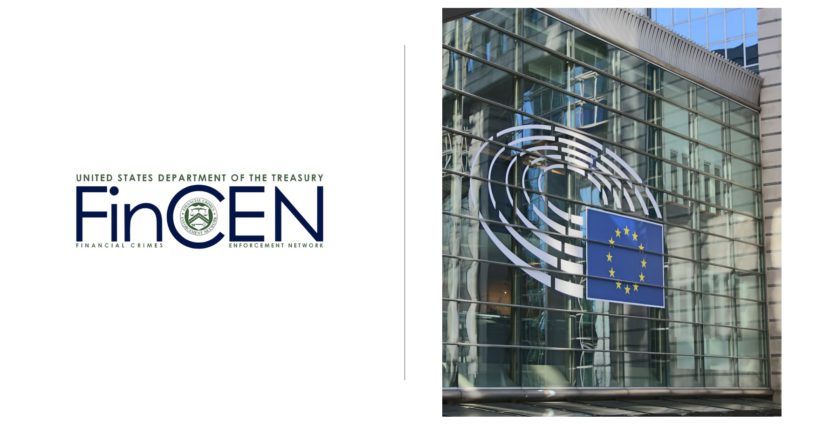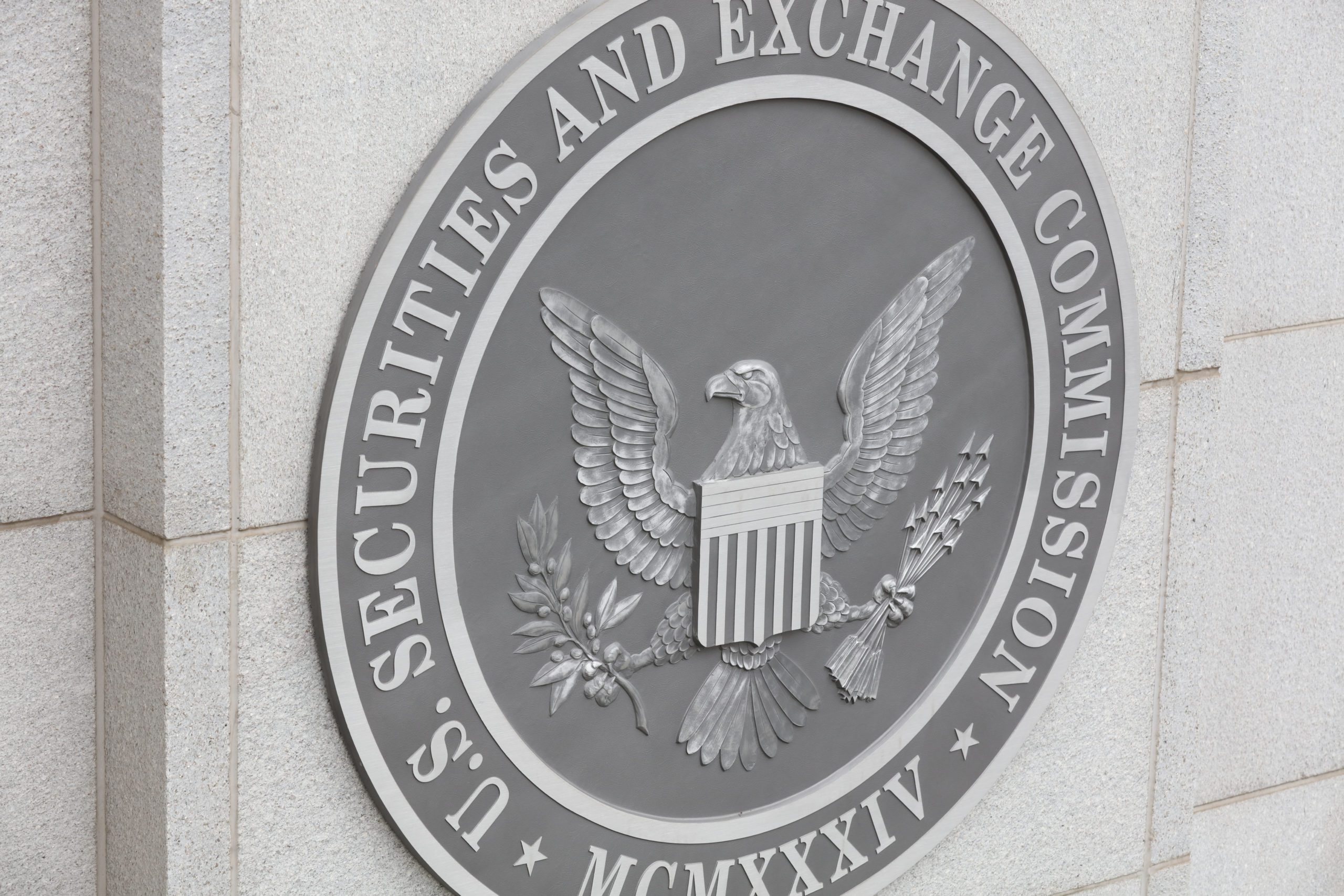There was anger in Brussels Thursday as MEPs criticised the recent FinCEN files leak as the latest in a string of laundering scandals, with one calling it “a story that has been told a thousand times before.”
The information contained in the leak was condemned as eroding public trust in European institutions. MEPs called for tougher action, new laws and an EU-wide body to enforce them.
Released in September, the FinCEN files were primarily a collection of leaked suspicious activity reports (SARs) which suggested the world’s biggest banks processed transactions for criminals worth trillions of euro, with sometimes little or no action from authorities.
Speaking on behalf of the European Commission, Vice President Dubravka Šuica said that the leak “confirms the EU commission’s reports that money laundering is a global challenge that demands a global response.”
“Member states alone are not up to the challenge [of supervising AML action],” she told Parliament. “We need a European approach to supervision. No divergences, no systematic weaknesses. A supervisory system is only as strong as its weakest link.”
Šuica stressed that there was now enough momentum to act swiftly and set up an integrated EU-wide supervisory body for AML issues, but in what is arguably becoming the defining issue of this body, MEP’s disagreed on how far its powers would stretch.
Spanish MEP Luis Garciano endorsed the proposal, saying it was essential to overcome what he called “economic nationalism,” where national authorities would turn a blind eye to the wrongdoings of important institutions based within their borders.
Across the chamber, MEP Jaak Madison was alone in rejecting the calls for cooperation. The Estonian MEP acknowledged that his country had been centre-stage of the previous Danske bank scandal but advised that Estonian authorities had dealt with it “without great help from the European Commission.”
“I don’t agree with the solution being offered here,” he told Parliament. “Where there is political will, it is possible to investigate money laundering criminal offences. So thank you for offering to help fight money laundering, but we politely refuse.”
Meanwhile, German MEP Sven Giegold expressed disappointment that the proposals didn’t go far enough. He called for an FIU – which at this time is not specifically included in the Commission’s plan.
“We need one so we can be on par with the US,” Giegold said, referring to the fact that FinCEN itself acts as such for all 50 American states and the capital city Washington. “This type of authority is something that we need urgently in Europe.”
Giegold called on Šuica to clarify when the Commission would begin investigations into numerous EU member states which he said had been “violating money laundering legislation since 2007.”
Šuica made assurances to Parliament that all member states would be assessed in the next year – a comment met with interruption elsewhere in the chamber and a sceptic head shake from Giegold.
Meanwhile, MEPs also questioned how the EU could claim to be a leader in AML authority when just this week, it announced it was removing the Cayman Islands from the list of non-cooperative jurisdictions for tax purposes.
Frequently under international fire for its lucrative financial haven status, the British Overseas Territory was removed from the tax blacklist after reforms were adopted earlier this year.
“The commission has shed crocodile tears here in the same week the Cayman Islands were removed,” said José Gusmão of Portugal. “It’s such a short list, that you would think all jurisdictions in Europe are cooperative, but that’s not the case.”
Šuica maintained that the controversy over the Cayman Islands was a separate issue, and that another list existed within the EU for AML purposes.
Share this on:
Follow us on:











